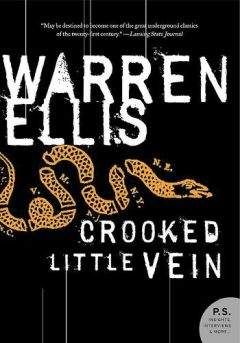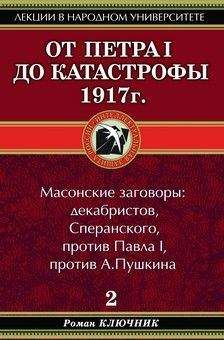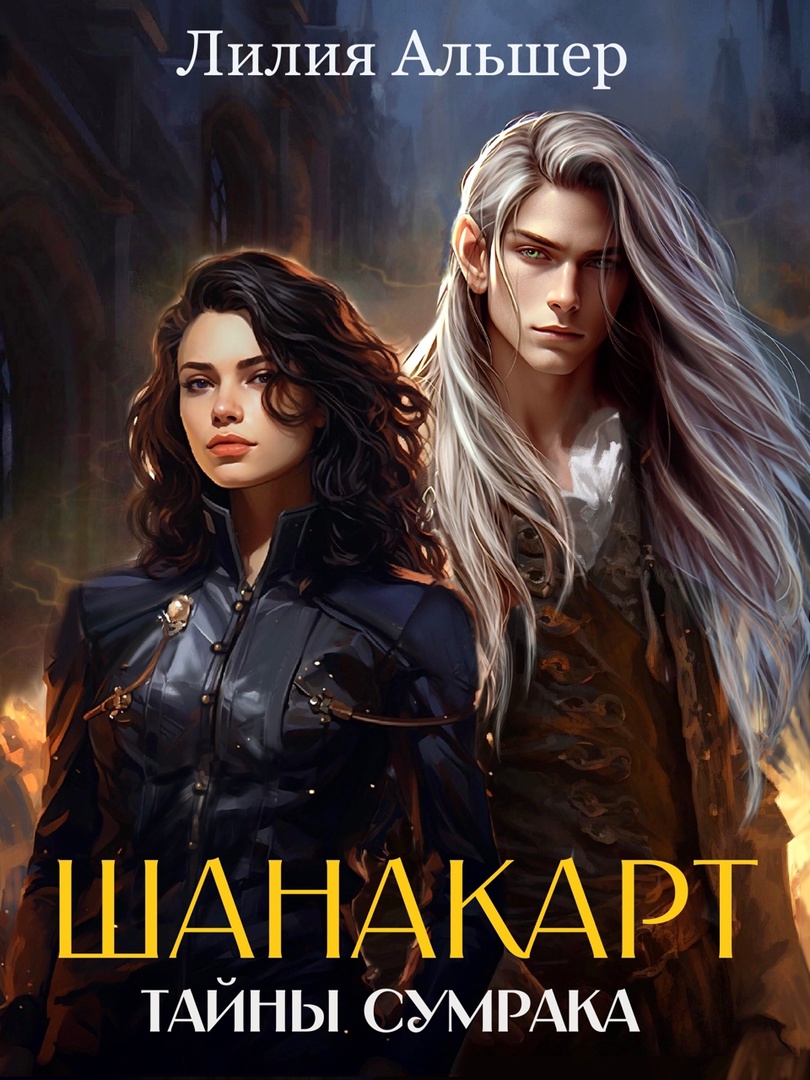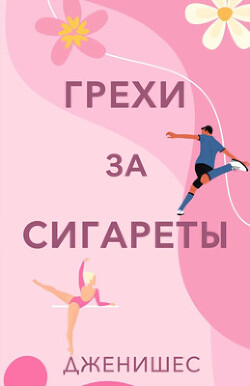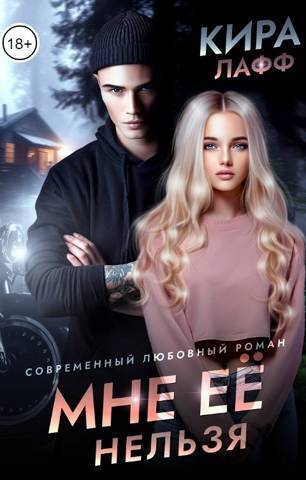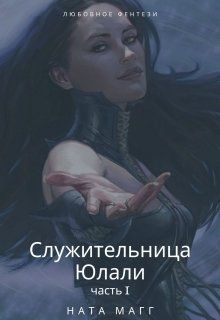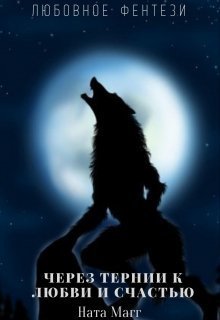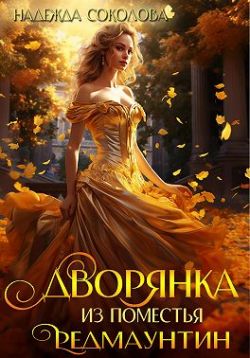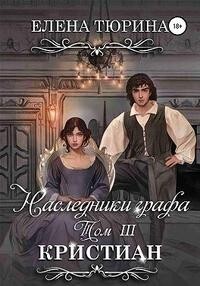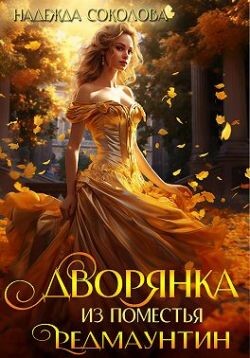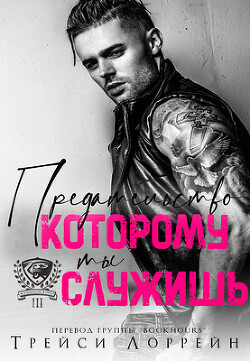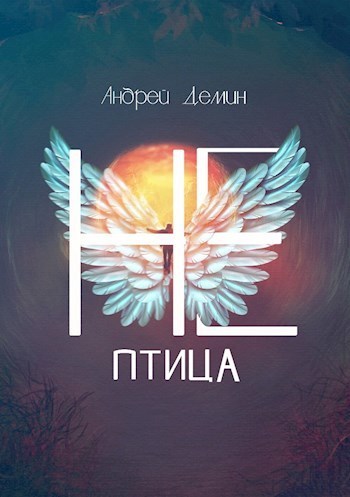Илья Франк - Английский язык с Робин Гудом

Помощь проекту
Английский язык с Робин Гудом читать книгу онлайн
Luckily, Robin Hood had a strongly built body, so he wasn't hurt (к счастью, у Робина Гуда было крепко сложенное тело = было крепкое телосложение, поэтому он не был ранен; luck — фортуна, судьба; везение, удача, успех; to build — сооружать, строить). As he climbed up the river bank, he was laughing (когда он вылез: «вскарабкался» на берег реки, он смеялся). He said (он сказал), «It was a good fight (это была хорошая схватка). You are really a brave strong man (ты действительно храбрый и сильный человек). How can I help you (чем я могу быть тебе полезен: «чем я могу тебе помочь»)?»
hurt [hq:t], build [bIld], built [bIlt], climb [klaIm], really ['rIqlI]
The huge man looked at him smiling. Then he called out, «Are you hurt? Do you want help?»
Luckily, Robin Hood had a strongly built body, so he wasn't hurt. As he climbed up the river bank, he was laughing. He said, «It was a good fight. You are really a brave strong man. How can I help you?»
The huge fellow said (великан сказал; fellow — приятель, товарищ), «I am searching for Robin Hood (я ищу Робина Гуда). I want to be one of his men (я хочу стать одним из его людей). Can you help me find him (можешь ли ты мне помочь найти его)?»
Robin Hood took his horn and blew it (Робин Гуд взял свой /охотничий/ рожок и дунул в него; horn — рог; рожок, рог; to blow — веять, дуть /о ветре/; играть /на духовом инструменте/, давать сигнал /подъема, тревоги и т. п. с помощью трубы, горна и т. п./). Suddenly twenty men in green were at the bridge (неожиданно у моста появились двадцать мужчин в зеленом).
fellow ['felqu], searching ['sq:CIN], find [faInd], blew [blu:]
The huge fellow said, «I am searching for Robin Hood. I want to be one of his men. Can you help me find him?»
Robin Hood took his horn and blew it. Suddenly twenty men in green were at the bridge.
One of his men, Will Scarlet, looked at him nervously and said (один из его людей, Уилл Скарлет, обеспокоенно взглянул на него и спросил: «сказал»; nervous — нервный; беспокоящийся /о чем-либо/; scarlet — алый, ярко-красный; одетый в красное /видимо, Уилл Скарлет носил алую шелковую одежду/), «Have you been thrown into the water (тебя что, сбросили в воду: «ты был сброшен в воду»; to throw — бросать, кидать, метать; сбрасывать, скидывать)? Did this man do this to you (этот человек сделал это /с тобой/)? Shall we teach him a good lesson and give him a bath, Robin (преподать ли нам ему хороший урок и искупать его: «дать ему купание», Робин; to teach — учить, обучать; проучить; lesson — урок; нравоучение, наставление)?»
scarlet ['skQ:lIt], nervously ['nq:vqslI], shall [Sxl], lesson [lesn], give [gIv]
One of his men, Will Scarlet, looked at him nervously and said, «Have you been thrown into the water? Did this man do this to you? Shall we teach him a good lesson and give him a bath, Robin?»
«Robin!» the big man shouted with surprise (удивленно воскликнул высокий: «большой» мужчина; to shout — кричать; surprise — удивление, изумление). «Are you Robin Hood (ты Робин Гуд)? Have I hit Robin Hood with my quarterstaff (я что, ударил своей дубинкой /самого/ Робина Гуда)? I am deeply sorry (мне очень жаль: «я глубоко сожалеющий»; deeply — глубоко; крайне, очень). Do forgive me, Robin Hood (пожалуйста, прости меня, Робин Гуд). I didn't know who you are (я не знал, кто ты).»
surprise [sq'praIz], are [Q:], sorry ['sOrI], forgive [fq'gIv], know [nqu]
«Robin!» the big man shouted with surprise. «Are you Robin Hood? Have I hit Robin Hood with my quarterstaff? I am deeply sorry. Do forgive me, Robin Hood. I didn't know who you are.»
Robin Hood laughed again (Робин Гуд снова рассмеялся), and he told his men about the fight he had on the bridge (и он рассказал своим людям о схватке, которая произошла у него на мосту: «которую он имел на мосту»; to tell — говорить, сказать; рассказывать). He also told them that that brave man wanted to join them and be one of them (он также сказал им, что этот храбрый человек хочет присоединиться к ним и быть одним из них; to join — соединять, объединять; присоединяться /к кому-либо/). Robin then talked to the man (затем Робин заговорил с этим мужчиной). «I like you (ты мне нравишься) — you're really courageous and strong (ты на самом деле отважный и сильный; courage — бесстрашие, мужество, отвага, смелость). What's your name (как тебя зовут: «каково твое имя»)?»
again [q'gen], join [dZOIn], courageous [kq'reIdZqs]
Robin Hood laughed again, and he told his men about the fight he had on the bridge. He also told them that that brave man wanted to join them and be one of them. Robin then talked to the man. «I like you — you're really courageous and strong. What's your name?»
«My name is John Little (меня зовут: «мое имя» Джон Литтл; little — маленький).»
«Little (Литтл)?» Robin Hood burst with laughter (Робин Гуд расхохотался; to burst — лопаться, разрываться, взрываться /о снаряде и т. п./; разражаться /гневом, слезами, смехом и т. п./, давать выход чувствам) because John was so huge, and not little at all (потому что Джон был настолько велик /ростом/, а вовсе не маленьким; huge — огромный). «I think it's better to call you little John (мне кажется, что лучше называть тебя маленький Джон/малыш Джон).»
burst [bq:st], laughter ['lQ:ftq], because [bI'kOz]
«My name is John Little.»
«Little?» Robin Hood burst with laughter because John was so huge, and not little at all. «I think it's better to call you little John.»
So little John went with Robin Hood and his men (итак, маленький Джон пошел вместе с Робином Гудом и его людьми). They made a fire and dried Robin's clothes (они развели костер и высушили одежду Робина; fire — огонь, пламя; to dry — сушить, высушивать). Then they cooked some good deer meat and had a great meal (затем они зажарили отличное оленье мясо и великолепно поели; to cook — готовить, стряпать; great — большой, огромный, замечательный, великолепный; meal — прием пищи, еда).
fire ['faIq], dry [draI], dried [draId], clothes [klquDz], some [sAm], meat [mi:t], great [greIt], meal [mi:l]
So little John went with Robin Hood and his men. They made a fire and dried Robin's clothes. Then they cooked some good deer meat and had a great meal.
Early the next morning, at Robin Hood's green wood tree (рано утром следующего дня, у зеленого дерева Робина Гуда), little John was given clothes of Lincoln green and a bow (маленькому Джону дали наряд ярко-зеленого цвета и лук; Lincoln — линкольн; линкольнская порода овец; Lincoln green — сукно линкольн /ярко-зеленое/; ярко-зеленый цвет /под цвет леса/), thus actually becoming one of Robin Hood's men (и таким образом он в самом деле стал одним из товарищей Робина Гуда; actually — фактически, на самом деле).
«I'll teach you how to use the bow (я научу тебя, как пользоваться луком)» said Robin Hood (сказал Робин Гуд). «You will surely become a wonderful bowman (из тебя обязательно выйдет замечательный лучник; sure — уверенный; несомненный; surely — конечно, непременно; обязательно, непременно; wonder — удивление, изумление; wonderful — замечательный, изумительный), since you're so strong and so tall (раз уж ты такой сильный и такой высокий).»
early ['q:lI], given [gIvn], Lincoln ['lINkqn], actually ['xktSuqlI], becoming [bI'kAmIN], surely ['SuqlI], become [bI'kAm], wonderful ['wAndqful]
Early the next morning, at Robin Hood's green wood tree, little John was given clothes of Lincoln green and a bow, thus actually becoming one of Robin Hood's men.
«I'll teach you how to use the bow.» said Robin Hood. «You will surely become a wonderful bowman, since you're so strong and so tall.»
Chapter 2
ROBIN HOOD AND THE KNIGHT
(Робин Гуд и Рыцарь)
A knight came riding through the trees in the greenwood (меж деревьев в зеленом лесу ехал верхом один рыцарь; greenwood — лиственный лес, лес в зеленом наряде). He rode like a poor man, on an old horse and in old clothes (он ехал, как бедный человек, на старой кляче и в старой одежде; to ride — ехать верхом; horse — конь, лошадь).
Suddenly he heard (внезапно он услышал): «Welcome, good knight (добро пожаловать, добрый рыцарь)! Welcome to the green wood (добро пожаловать в зеленый лес)!»
knight [naIt], through [Tru:], poor [puq], horse [hO:s], heard [hq:d], welcome ['welkqm]
A knight came riding through the trees in the greenwood. He rode like a poor man, on an old horse and in old clothes.
Suddenly he heard: «Welcome, good knight! Welcome to the green wood!»
The knight looked up (рыцарь поднял глаза; to look up — смотреть вверх, поднимать глаза). Two yeomen in green clothes stood at his horse's head (у головы его лошади стояли два йомена в зеленом). They had arrows ready to shoot from their long bows (у них были стрелы, которыми они готовы были выстрелить из своих длинных луков).
«Who are you (кто вы такие)?» the knight asked (спросил рыцарь).
The bigger man answered (мужчина повыше ответил): «They call me Little John (меня зовут Малыш Джон/Маленький Джон). And my friend here is Much the miller's son (а это мой друг Мук, сын мельника; mill — мельница; to mill — молоть /зерно/, изготовлять муку; miller — мельник). We are Robin Hood's men (мы люди Робина Гуда).»
head [hed], ready ['redI], ask [Q:sk], answer ['Q:nsq], friend [frend], here [hIq], son [sAn]
The knight looked up. Two yeomen in green clothes stood at his horse's head. They had arrows ready to shoot from their long bows.
«Who are you?» the knight asked.
The bigger man answered: «They call me Little John. And my friend here is Much the miller's son. We are Robin Hood's men.»
«I know about Robin Hood (я знаю = слышал о Робине Гуде),» said the knight. «He is a good man (он хороший человек). He takes money from those who have a lot (он забирает деньги у тех, у кого их в избытке; lot — лот, жребий; уйма, масса, много), but he gives it to the poor (но он отдает их бедным). He never takes anything from women or from good yeomen (он никогда не берет ничего у женщин или у добрых крестьян) who work in the fields or in the forest (которые работают на полях или в лесу).»
«That's right (это верно),» Little John said. «And now will you come with us (а теперь, пойдешь ли ты с нами = иди с нами)? Robin is waiting for his dinner (Робин ждет обеда). He told us to find somebody to have dinner with him (он велел нам найти кого-нибудь, с кем бы он мог пообедать).»
about [q'baut], money ['mAnI], lot [lOt], never ['nevq], women ['wImIn], field [fi:ld], forest ['fOrIst], somebody ['sAmbqdI]
«I know about Robin Hood,» said the knight. «He is a good man. He takes money from those who have a lot, but he gives it to the poor. He never takes anything from women or from good yeomen who work in the fields or in the forest.»
«That's right,» Little John said. «And now will you come with us? Robin is waiting for his dinner. He told us to find somebody to have dinner with him.»
«I wasn't going to have any dinner today (я не собирался = не надеялся пообедать сегодня),» the knight said. «I'll come with you gladly (я с радостью пойду с вами).»
Little John and Much brought the knight to Robin Hood (Малыш Джон и Мук отвели рыцаря к Робину Гуду; to bring — приносить, привозить; приводить /с собой/).
